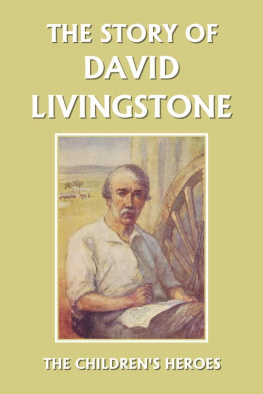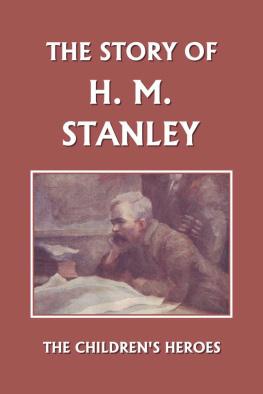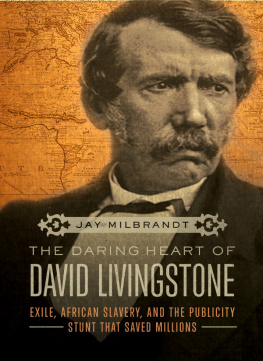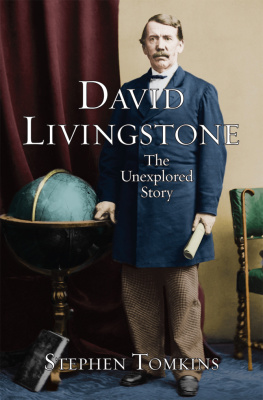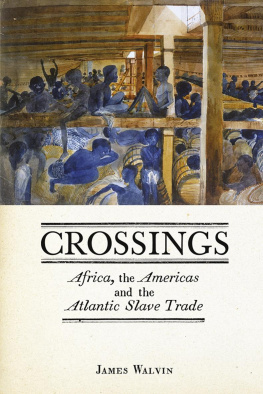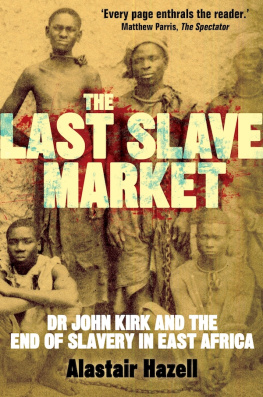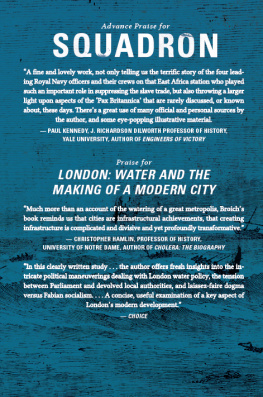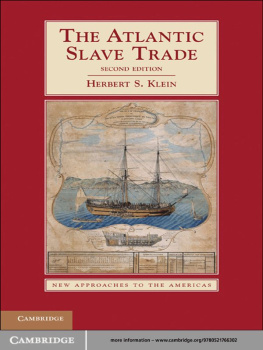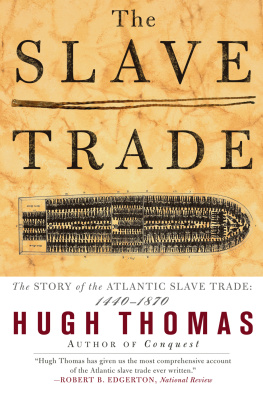All rights reserved. No part of this book may be reproduced or retransmitted in any form or by any means without the written permission of the publisher.
This edition, first published in 2010 by Yesterday's Classics, an imprint of Yesterday's Classics, LLC, is an unabridged republication of the work originally published by T. C. & E. C. Jack, Ltd. in 1906. This title is available in a print edition (ISBN 978-1-59915-217-2).
Yesterday's Classics republishes classic books for children from the golden age of children's literature, the era from 1880 to 1920. Many of our titles are offered in high-quality paperback editions, with text cast in modern easy-to-read type for today's readers. The illustrations from the original volumes are included except in those few cases where the quality of the original images is too low to make their reproduction feasible. Unless specified otherwise, color illustrations in the original volumes are rendered in black and white in our print editions.
The dew stands on the dormer panes,
The cross November sun
Has sent the daylight off to bed
Before the night's begun;
The dull red embers, half aglow,
Are sulking in the grate,
And let the lonely shadows grow
All dark and desolate;
Shadows of things that go awry,
Or waver to and fro;
Shadows of playthings bought so dear
And broken long ago;
Shadows of friends who played till mirth
Grew sad and went in pain:
Where is the merry light that makes
Old shadows smile again?
Hark! little sandals softly beat
Upon the attic stair,
And truant mischief breathless creeps
With whispered, "Is he there?"
A story? 'Tis a fateful task
To fill the open brow:
Who knows what plans of God depend
On all it garners now?
Where shall we lead the clambering limbs,
The big blue fearless eyes?
Down to the gold mine's narrowing drift,
Or to the widening skies
Where, in the space around the stars,
Are countless worlds astray,
Whose peoples call for pioneers
To find the safer way?
Ay, let us tell the generous tale
Of giants real and bold,
Who grew so great they would not stoop
To gather fame and gold;
But hurled the mountains from our path,
And drained our quagmires dry,
And held our foes at bay the while
They bore our weaklings by;
Giants by whose unselfish toil
Our land was first begun,
Where good and useful men and maids
Make merry as they run.
Ah, may you miss the dismal tracks
That aimless feet have trod,
And follow where our pioneers
Make open ways to God.
V AUTIER G OLDING.
Contents
CHAPTER I
Early Life
T HE story of this brave and gentle hero, and of his noble toil for the sake of other men, is truly a tale of more than ordinary wonder.
Few men's lives can better show how even the poorest and weakest can gain for themselves the power to do great things, and to make the harder paths of life more easy for those who follow. For David Livingstone began life in a workman's cottage, without knowledge or skill, and without money to obtain them. Yet, when he died, the world was so full of praise and wonder at his work that his body was brought from Africa to rest in Westminster Abbey among the graves of his country's greatest men. He had grown to be a great pioneer, an explorer, a scientist, a doctor, a missionary, a freer of slaves.
In thirty years he travelled 29,000 miles, through the wild and unknown parts of Africa, exploring rivers, lakes, plains, forests, and mountains. He found out places where white settlers might make farms and plantations in health and safety. He sought for paths and waterways by which they might bring their cotton, grain, coffee, sugar, ivory, and skins to the seaports for sale. Among the black tribes he made many friends, doctored their sick, and lost no chance of showing them how to do their duty to God and make better use of their lives.
But his last and greatest work was to follow up the slave-hunters, and make known in England all the brutal and wicked horrors of the slave-trade. This was the work that wore him to death, but his noble self-sacrifice roused his countrymen to take possession of Central Africa and put an end to slavery. And if we look into his life, we shall find that the power to do all this came little by little, and day by day, from one simple source, namely, his earnest and unselfish desire to show his love for God by doing good to men. He was always trying to help and befriend others, and this made other men befriend him and give him the means of carrying on his work.
Livingstone's forefathers were Scotch Highlanders, and lived in the lonely island of Ulva, till hard times drove the family to settle in the village of Blantyre, among the Lanarkshire cotton-mills, where work was more plentiful.
Here David was born in the year 1813. His father, Neil Livingstone, an honest, steady, and hard-working man, took a great interest in all that was going on in the world. He was a great reader in many subjects, but was especially fond of books on missionary work. From him David inherited his Highland pluck and hardihood, and also his thirst for every kind of knowledge.
His mother, Agnes Hunter, came of an old family which, in the days of the Covenanter persecution, had been driven from home to the hills, and had risked torture and death rather than do what they believed to be wrong. She gave him her gentle and kindly nature, and taught him to be neat, orderly, and exact. From her tender but firm upbringing also, he gained the brave grip of truth, honour, and justice that makes men do and dare all things for duty's sake.
This was his heritage from his parents, and it proved of more value to him than all the money on earth.
At the village school of Blantyre David soon learnt to read and write. So poor, however, were his parents, that they had to take him away from his lessons at the early age of ten, and set him to work in a cotton-mill. Summer and winter, wet or fine, he had to appear at the factory at six in the morning, and stay there till eight at night, with short spaces allowed him for meals. Fourteen hours a day at the mill might well have broken his pluck and ruined his health, as, indeed, happened to many poor children, but David was made of harder stuff. He was bent on getting knowledge by some means or other. Very quickly he learnt to work the machine called the "spinning jenny," and was then raised to be a spinner with a small wage.
The first half-crown of his earning he took home, and slipped it into his mother's lap. To him it was a small fortune, and would have bought him many coveted things, but he thought of his mother's wants before his own. Later on, as he earned more wage, he bought himself books, and these he used to fix on the "jenny," snatching a few lines from them whenever he could spare an eye from his work. His hard and tiring day at the mill was long enough for any one, but in spite of this he joined night classes and sat up reading till sometimes his mother took away his books and drove him to bed.
His holidays were spent in ranging over the countryside with his brothers and sisters, and here too nothing escaped his keen eye and love of knowledge. Every animal, bird, insect, and plant was an interest to him, and he studied them closely, trying to find out all he could about their forms and habits. And while he thus began to learn the wonderful science of nature, he never dreamt that one day in the wilds of Africa he would use his knowledge in digging roots for his supper, or in avoiding vicious beasts and poisonous snakes.

